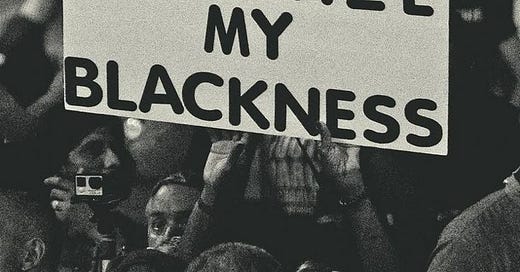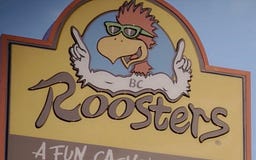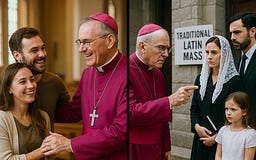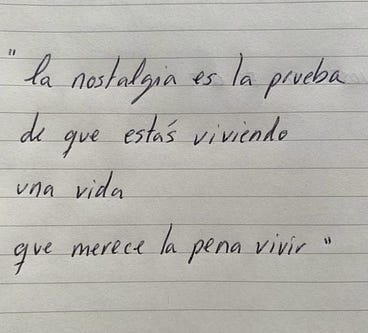Comment
The app for independent voices

(What feels like an) unpopular opinion: There is so much more to aging than weighted vests, magnesium, and a hundred grams of protein.
There is contentment in finally realizing who (and what) brings you peace. There is bravery in being okay with walking away from what no longer serves you. There is the acknowledgement that we bring enough to the table, just as we are - No faking or forcing required.
The weighted vest? Sure, it’s beneficial. But there is no vest heavy enough to compare to the weight (and worth) of mental peace.
You made it, you own it
You always own your intellectual property, mailing list, and subscriber payments. With full editorial control and no gatekeepers, you can do the work you most believe in.


Great discussions
Join the most interesting and insightful discussions.
Grow your publication on Substack
With recommendations, referrals, and a powerful growth network, Substack creators spend less time on marketing and more time on their craft.


Hi guys! Kinda nervy, but I just posted my first essay on here! It’s an essay about my take on stereotypes placed on the African American community and where they came from. Please check it out if you’re interested, I would greatly appreciate it!

You made it, you own it
You always own your intellectual property, mailing list, and subscriber payments. With full editorial control and no gatekeepers, you can do the work you most believe in.

World-class writing
The best stories, ideas, and culture right at your fingertips.


Lissen,
As an adoptee I've had to learn that one's worth is not a currency to be bartered for belonging.
You are not on Earth to be everybody’s savior, secretary, sounding board, therapist, mama, mule, or messiah.
You are not a bottomless well of “strength” for people to sip from when they’re thirsty and then walk away when they’re full. Your worth is not in your labor, your silence, your forgiveness, your caretaking, your ability to bend without breaking, or your capacity to carry what no one …
Grow your publication on Substack
With recommendations, referrals, and a powerful growth network, Substack creators spend less time on marketing and more time on their craft.


Grow Your Audience
Marketing isn’t all on your shoulders. More than 50% of all new free subscriptions and 25% of paid subscriptions come from within our network.
You made it, you own it
You always own your intellectual property, mailing list, and subscriber payments. With full editorial control and no gatekeepers, you can do the work you most believe in.

Why does Newman cast such aspersions on scholasticism in Grammar of Assent?
"This same power of the dogma may be illustrated from the Ritual. Consider the services for Christmas or Epiphany; for Easter, Ascension, and (I may say) pre-eminently Corpus Christi; what are these great Festivals but comments on the words, “The Son is God”? Yet who will say that they have the subtlety, the aridity, the coldness of mere scholastic science? Are they addressed to the pure intellect, or to the imagination? do they interest our logical faculty, or excite our devotion? Why is it that personally we often find ourselves so ill-fitted to take part in them, except that we are not good enough, that in our case the dogma is far too much a theological notion, far too little an image living within us? And so again, as to the Divinity of the Holy Ghost: consider the breviary offices for Pentecost and its Octave, the grandest perhaps in the whole year; are they created out of mere abstractions and inferences, or has not the categorical proposition of St. Athanasius, “The Holy Ghost is God,” such a place in the imagination and the heart, as suffices to give birth to the noble Hymns, Veni Creator, and Veni Sancte Spiritus?"

I really would not assume that the words "Yet who will say that they have the subtlety, the aridity, the coldness of mere scholastic science?" actually represents Newman's own thought, rather than ideas floating in the ether. At the very least, this is unclear - and elsewhere he speaks much more clearly in his own voice and with great respect for scholastic theology.
"I submit, moreover, to the universally received traditions of the Church, in which lies the matter of those new dogmatic definiti…













































